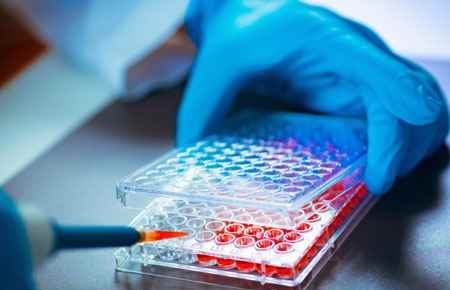
Chemical and Biomolecular Engineering Major
A major/degree in Chemical and Biomolecular Engineering will prepare individuals to apply mathematical and scientific principles to the design, development, and operational evaluation of systems at the interface of chemical engineering and biology, with an emphasis at the molecular level, such as biopharmaceutical processes, protein engineering, metabolic engineering, gene therapy, biomaterials, cell and tissue engineering, and drug delivery.
Includes instruction in chemical engineering, thermodynamics, organic chemistry, biochemistry, momentum and heat transfer, cellular and molecular biotechnology, process design, and chemical reactor design.
What can you do with a major/degree in Chemical and Biomolecular Engineering?
Many graduates of a major/degree program in Chemical and Biomolecular Engineering start their careers as process engineers, where they specialize in a specific process at a plant that makes a product. Examples of this are a food product, drug active ingredient, or lotion. There are other types of positions an engineer might find, such as working in a hospital or other medical facility where there are advanced imaging systems that require the use of chemical and radioactive tracer compounds.
Trade Associations and Professional Organizations in Chemical and Biomolecular Engineering
Professional associations are groups of specialists dedicated to topics in particular fields. Professional associations provide a wealth of online resources, some of which are geared specifically towards students. These organizations typically also host conferences and events, providing great opportunities for learning and networking across your field of interest.
Publications/Magazines in Chemical and Biomolecular Engineering
